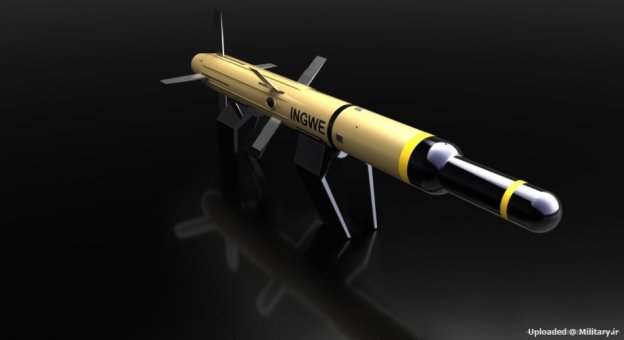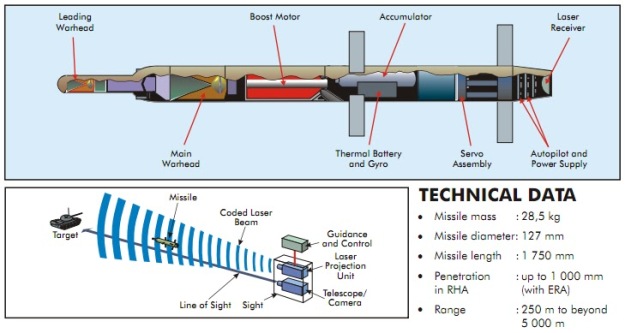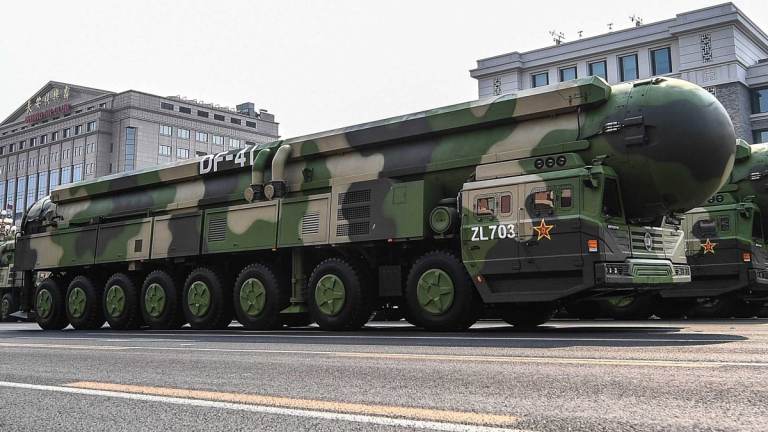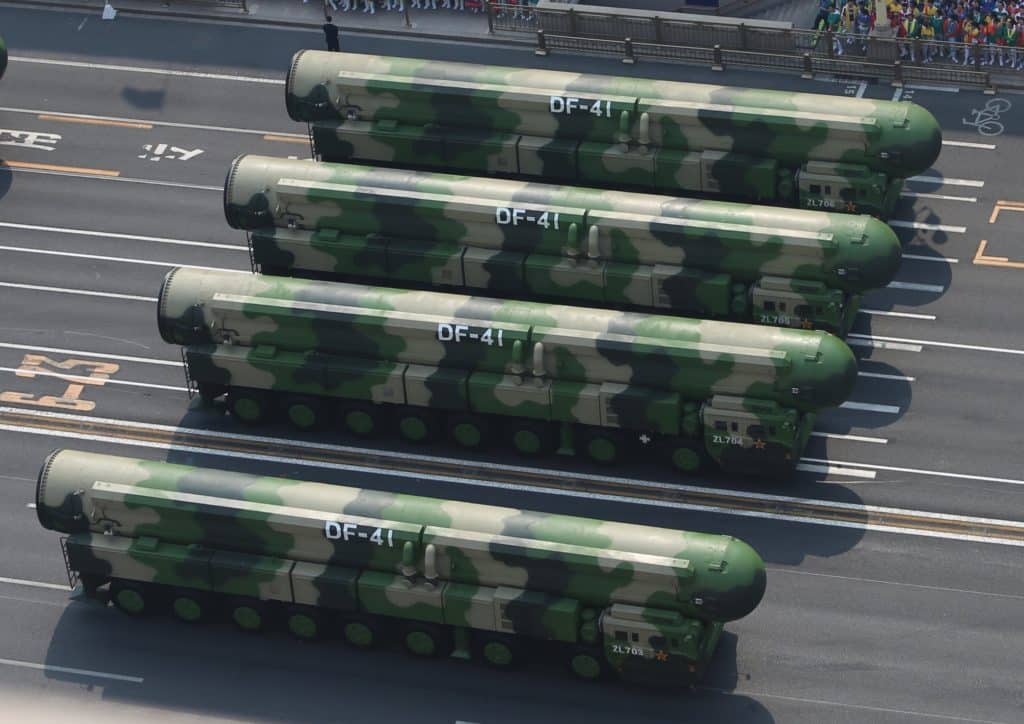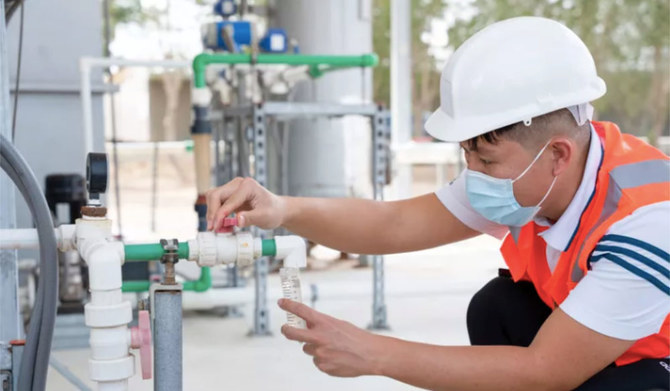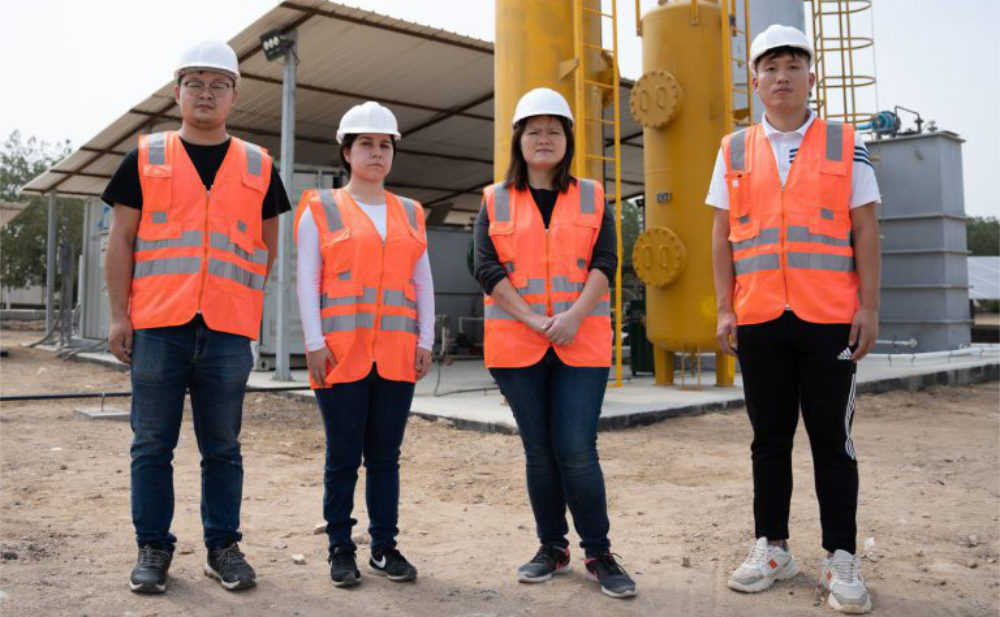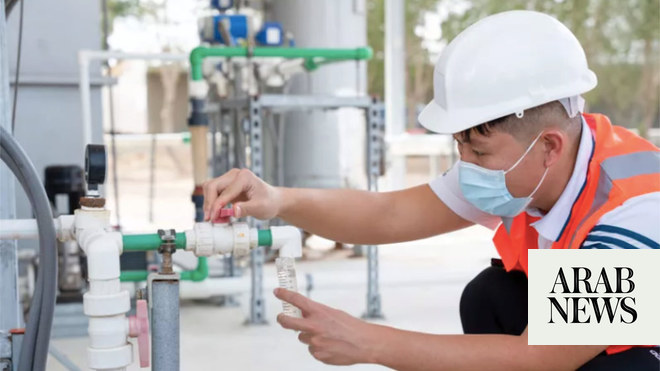The SC
ELITE MEMBER

- Joined
- Feb 13, 2012
- Messages
- 32,229
- Reaction score
- 21
- Country
- Location
Saudi Arabia is said to be interested in acquiring technologies for the production of different types of cruise missiles. In this regard, talks are reportedly underway between Saudi authorities and Turkey about ÇAKIR – Roketsan’s new Cruise Missile –..
TR

ÇAKIR can be launched from fixed and rotary-wing aircraft, Assault Unmanned Aerial Vehicles (AUAVs)/UCAVs, AUSVs, tactical wheeled vehicles and naval platforms, and offers operational versatility against land and surface targets. With a range of over 150 kilometers, ÇAKIR's targets include surface targets, land and surface targets close to shore, strategic land targets, field targets and, caves.

ÇAKIR easily performs tasks involving 3D waypoints defined during mission planning. With a unique warhead and hit point selection feature, the Cruise Missile offers a high destructive force against enemy targets. ÇAKIR owes the ability to engage targets with high precision under all weather conditions to its advanced mid-phase and terminal phase guidance systems. Network-based datalink facilitates Man-in-the-Loop capability for target update, attack/re-attack for the in-flight target of opportunity and mission abort. The most prominent features of ÇAKIR are; its design, which allows the platform to carry multiple payloads up to four missiles, and its ability to perform swarm concept missions with inter-communicating missiles. The swarm concept, through which coordinated attack scenarios with multiple missiles are enabled, can be used to overcome hostile defence systems, and ensures high effectivity against single or multiple targets. ÇAKIR offers high survivability thanks to its unique design with radar absorbing material utilized on the frame. ÇAKIR’s ability for super sea-skimming and terrain masking in combination with radar-absorbing structure minimizes the detectability by enemy air-defence systems. Thanks to its Antijam GNSS and altimeter-supported inertial navigation system, ÇAKIR continues on its trajectory even in the event of intense electronic jamming.
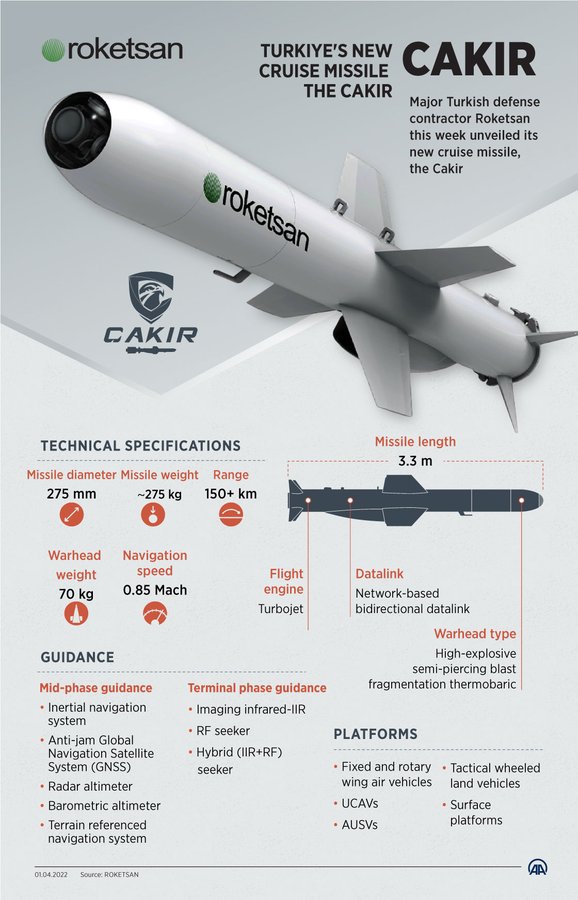

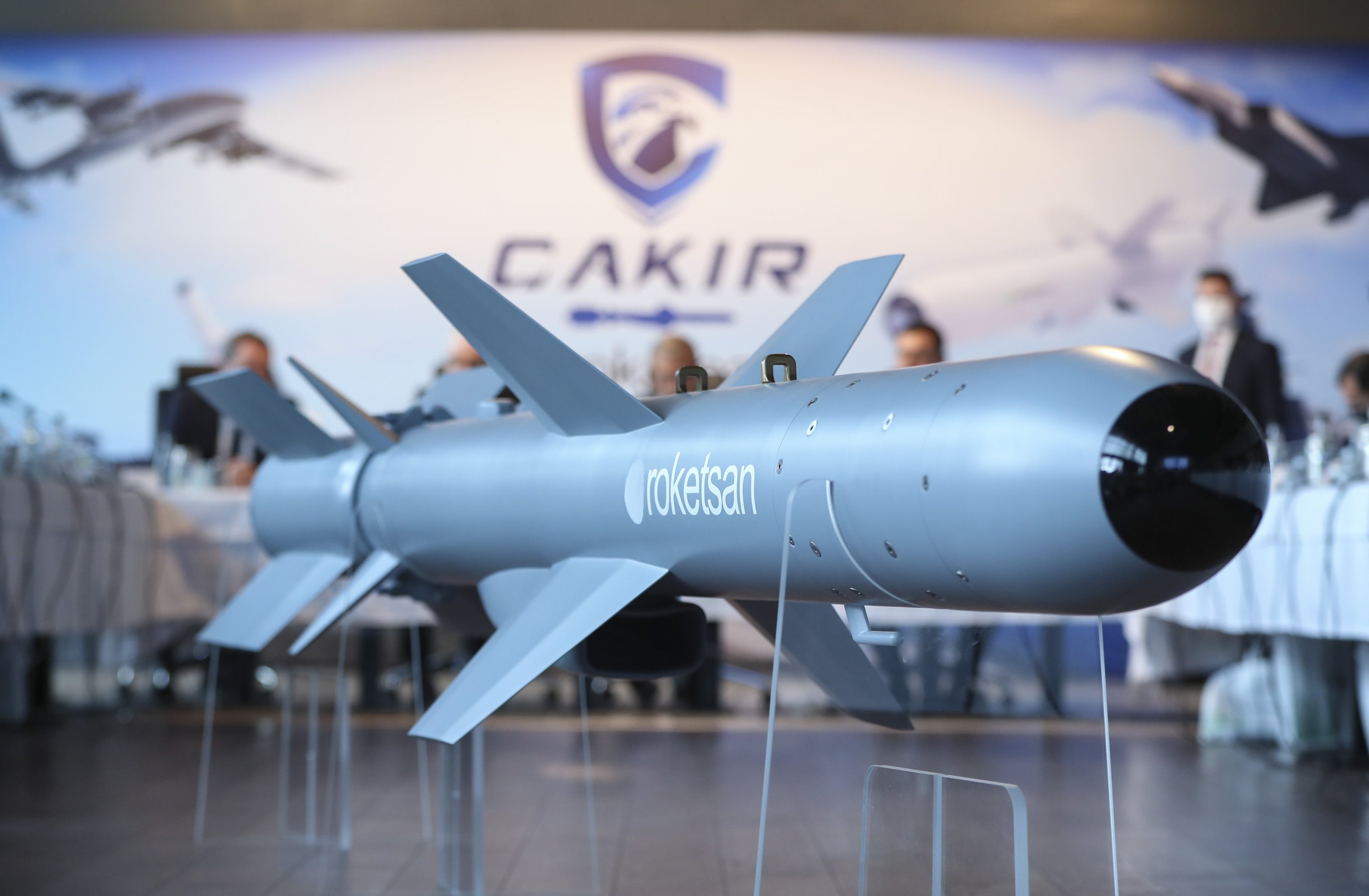
TR

ÇAKIR can be launched from fixed and rotary-wing aircraft, Assault Unmanned Aerial Vehicles (AUAVs)/UCAVs, AUSVs, tactical wheeled vehicles and naval platforms, and offers operational versatility against land and surface targets. With a range of over 150 kilometers, ÇAKIR's targets include surface targets, land and surface targets close to shore, strategic land targets, field targets and, caves.

ÇAKIR easily performs tasks involving 3D waypoints defined during mission planning. With a unique warhead and hit point selection feature, the Cruise Missile offers a high destructive force against enemy targets. ÇAKIR owes the ability to engage targets with high precision under all weather conditions to its advanced mid-phase and terminal phase guidance systems. Network-based datalink facilitates Man-in-the-Loop capability for target update, attack/re-attack for the in-flight target of opportunity and mission abort. The most prominent features of ÇAKIR are; its design, which allows the platform to carry multiple payloads up to four missiles, and its ability to perform swarm concept missions with inter-communicating missiles. The swarm concept, through which coordinated attack scenarios with multiple missiles are enabled, can be used to overcome hostile defence systems, and ensures high effectivity against single or multiple targets. ÇAKIR offers high survivability thanks to its unique design with radar absorbing material utilized on the frame. ÇAKIR’s ability for super sea-skimming and terrain masking in combination with radar-absorbing structure minimizes the detectability by enemy air-defence systems. Thanks to its Antijam GNSS and altimeter-supported inertial navigation system, ÇAKIR continues on its trajectory even in the event of intense electronic jamming.




